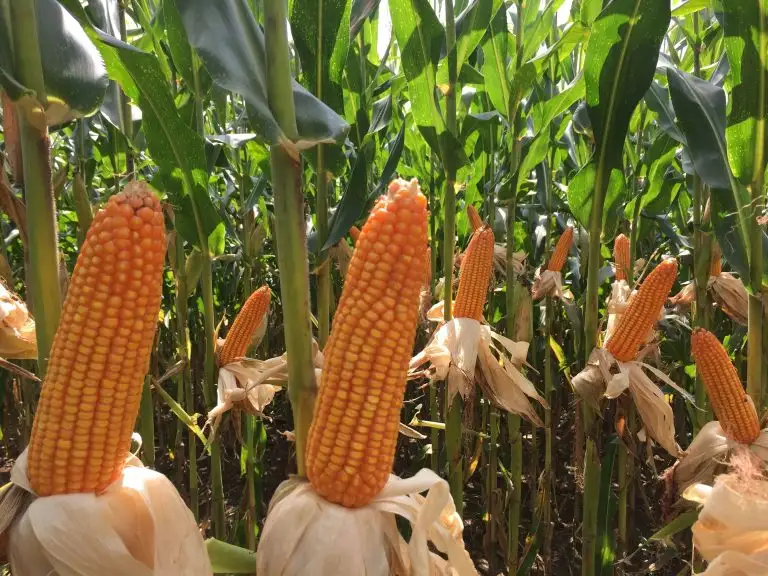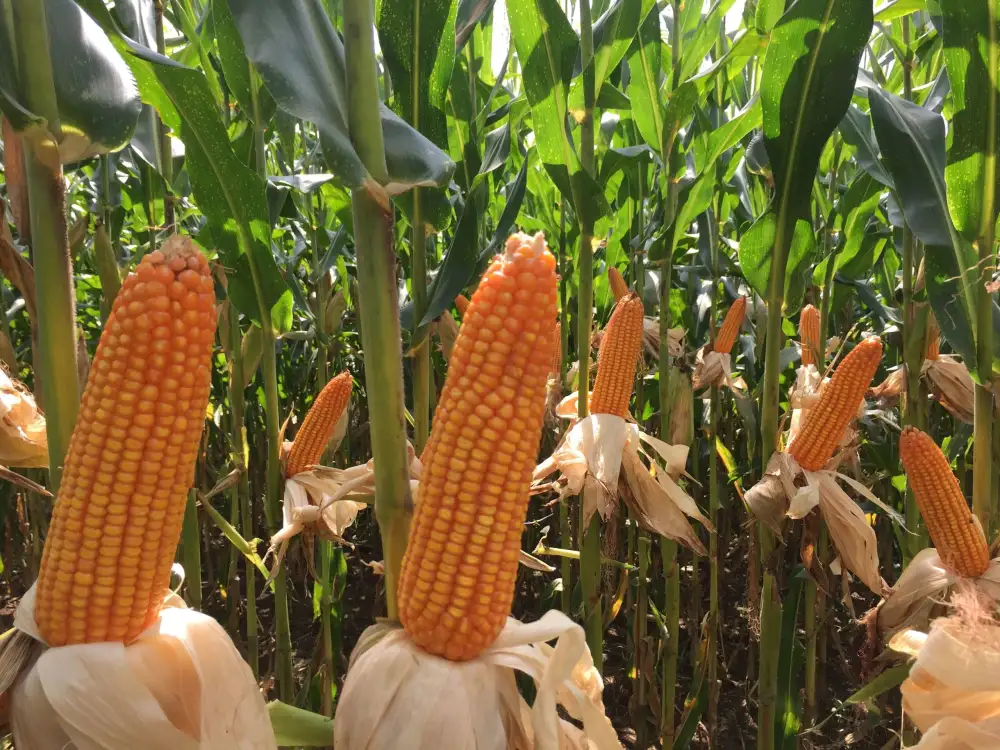
Biological innovation is redefining Thailand's maize industry, transforming it from a "conventional animal feed crop into a strategic economic crop of the future" that underpins and connects the nation's economy, agriculture, energy, health, environment, and food security. As the agricultural sector faces growing challenges from climate variability, soil degradation, and environmental pressures, biological technology has become a critical catalyst for agricultural regeneration and a cornerstone of sustainable food production systems.

Thailand is recognized as one of the leading maize producers in the ASEAN region, cultivating more than 6 to 7 million rai and producing 4-5 million tons annually of output.. Over 90 percent of this production is utilized as a primary raw material in the animal feed industry, supporting a livestock sector valued at more than 100 billion baht each year. Despite its critical role in the national agri-economy, the maize sector continues to face significant challenges. Key threats include fall armyworm infestations, which can result in yield losses of up to 40 percent per season, and prolonged dry spells that reduce productivity by 15 to 25 percent. In addition, ineffective weed management competes with maize for essential nutrients and water, leading to weakened crop vigor and a notable decline in both yield and grain quality.
Modern agriculture is undergoing a fundamental transformation, with biological innovation playing an increasingly critical role in enhancing soil health, stimulating plant growth, and enabling the environmentally responsible management of diseases, pests, and weeds. The integration of biological solutions with conventional crop protection practices not only helps reduce production costs over the long run but also restores ecological balance on the farm. This leads to more biologically active soil, stronger crop performance, and consistent yield quality. By adopting an Integrated Crop Management (ICM) approach, farmers can combine beneficial microorganisms or biological agents with sustainable farming methods to strengthen pest management and promote soil vitality. This holistic integration drives productivity gains while preserving environmental integrity and safeguarding the health of both farmers and consumers.
Today, Thai farmers are increasingly embracing biological technologies to enhance the efficiency, resilience, and sustainability of maize production. As a global leader in agricultural innovation and technology, Syngenta has developed an integrated portfolio of biological solutions tailored to the evolving needs of modern farmers. These include the use of beneficial microorganisms to improve soil structure and fertility, biological control products to manage insect pests and weeds without compromising soil health, and biostimulants that help maize withstand drought stress and irregular rainfall. A key example is Quantis, a biological solution that helps lower plant canopy temperature, protects against pest pressure, and supports higher and more consistent yields. Strong, healthy plants deliver improved productivity and grain quality. Syngenta also leverages nutrient use efficiency (NUE) technologies that enhance the plant's ability to absorb and utilize essential nutrients, driving greater crop performance and long-term farm sustainability.
Syngenta also brings forward its proprietary GEA POWER technology, an innovation that harnesses the power of natural plant extracts to strengthen maize drought tolerance and enhance nutrient uptake efficiency. Field trials conducted in Brazil have demonstrated that maize treated with biological stimulants can deliver yield increases of 5 to 10 percent without additional irrigation. In the United States, the use of biological pheromones to disrupt pest mating cycles has resulted in more than a 50 percent reduction in crop damage. These outcomes exemplify the principles of regenerative agriculture, which aim to enhance agricultural productivity while safeguarding and enriching environmental health.
Ms. Wannaporn Wattanakasemsat, Head of Sustainability and Corporate Affairs at Syngenta Crop Protection Co., Ltd., stated, "The integration of biological technology into maize cultivation represents far more than an opportunity to increase yield. It is a strategic investment in building a resilient and sustainable agricultural system for the future. Biological solutions empower farmers to better manage pests and diseases, enhance their ability to withstand environmental stress, restore soil health, and maintain ecological balance. This marks a pivotal step in advancing regenerative agriculture in Thailand. The role of biological products will be essential in driving both the productivity and quality of maize cultivation nationwide. Syngenta is committed to serving as a trusted partner to farmers throughout every growing season, delivering innovation, high-performance solutions, and knowledge transfer that foster sustainable growth of Thailand's maize industry in harmony with the environment."
"A structured and systematic approach to maize farm management is a key driver of both yield improvement and product quality enhancement. The strategic use of well-suited biological products strengthens maize plants, increasing their resilience to pests, diseases, and climate variability. This approach not only reduces production costs and elevates product quality but also generates lasting value for soil health, the environment, and farming communities. By achieving higher productivity per rai in a more efficient and sustainable manner, farmers can secure stable income streams, reinforce the strength of the national agricultural economy, and contribute to food security for the livestock industry at both domestic and global levels," Ms. Wannaporn emphasized.